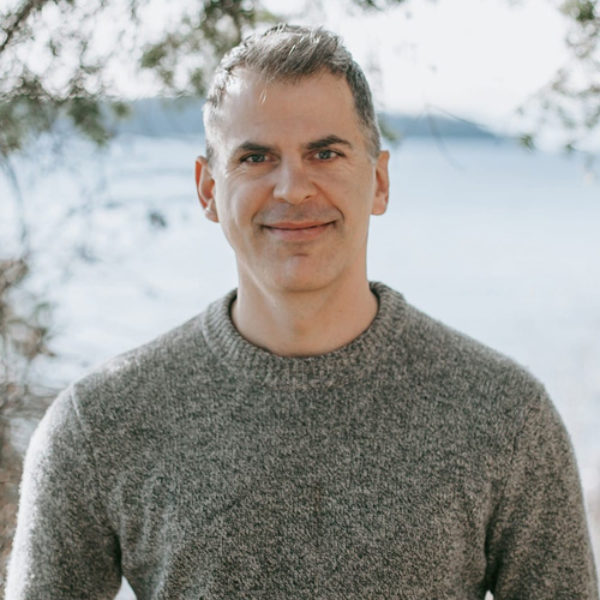The ancient and radical teachings of the Buddha point to the possibility to be a free, loving and happy human being in the midst of our everyday lives. Oftentimes our stress, dissatisfaction or suffering come not necessarily from the actual things or events themselves, but from our relationship to them. A different way of looking is required for us to shake off the spell of our habitual views, opinions and interpretations of ourselves, other people or the world and to see and know life differently. Let’s explore this together.
With Lila Kimhi recorded on January 24, 2016.
Found our teachings useful? Help us continue our work and support your teachers with a donation. Here’s how.
Discover more from the Dharma Library
-

Practicing metta vipassana
Recorded :
May 14, 2017 In this talk Dave discusses the process of integrating heart practices within the four foundations of mindfulness. Mindfulness practice unites the steadiness of concentration with the immediacy of moment to moment experience. As we learn to collect the body and mind, intuitive wisdom arises. This allows us to open to the truth of each moment’s…
-

Wisdom and compassion in our relationships: two sides of the same coin.
Recorded :
July 3, 2016 Wisdom and compassion are two wonderful qualities that grow in us as our practice deepens. Diving into each one and into the inseparable nature of the two reveals the way in which they support and give rise to one another, and the way they manifest in our relationships: with ourselves, with others, with the world….
-

Seeing Clearly in an Age of Confusion
Recorded :
May 1, 2022 The Buddha spoke of the three poisons of greed, hatred, and delusion. We see all three of these showing up in the realm of global events currently, and in particular, the phenomenon of ‘fake news’, intentional misinformation, and delusional thinking. How might the practice of Vipassana or ‘seeing clearly’ help us in this context? How…
-

What Feeds your Craving?
Recorded :
May 19, 2024 The Buddha discovered that craving is the cause by which stress comes into play. Letting go of this constant pursuing of our desires is possible. Befriending this human and natural craving needs the power of kind awareness and an ongoing reflection: What feeds my craving? And: What feeds letting go?
-

Daily Meditation Recordings, with Martin Aylward – Week of Nov 15, 2021
Daily meditations with Martin Aylward.
-

Daily Meditation Recordings, with Ulla Koenig – Week of Nov 15, 2022
This week’s topic is Kindle the Flame. Metta practice, which nourishes the heart’s capacity for friendliness, brings many benefits. It softens our relationship to ourselves, nourishes us with a sense of connection, puts challenges into perspective and offers a safe ground from which we can meet life with a sense of care. We dedicate this week to (re)ignite the flame of metta, using as an inspiration the Karaṇīyamettā Sutta, a famous discourses of the Buddha.
-

Daily Meditation Recordings, with Martin Aylward – Week of September 21, 2020
We’re fortunate that Martin Aylward has generously offered to lead our daily meditation sessions for Europe and the UK this week. To find out more about Martin, and view his other recordings on the platform, click here.
-

Daily Meditation Recordings, with Martin Aylward – Week of Dec 19 – 23, 2022
Daily meditations with Martin Aylward.






Discussion